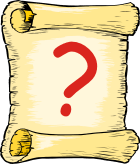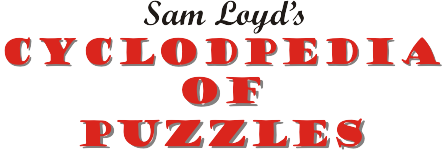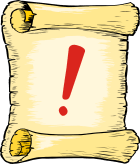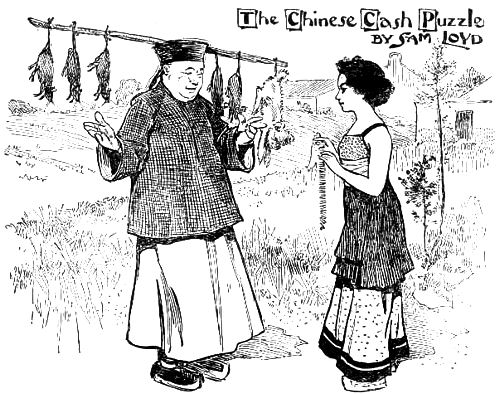



AFTER ARRIVING AT a happy understanding with our Celestial neighbors, regarding the payment of the indemnities demanded for the attacks upon our missionaries, and having convinced them of the necessity or advantage of beheading themselves in preference to doing battle with the combined armies of the world, a little light may be thrown upon their methods of finance, as illustrating in a small way some of the difficulties which confronted our peace commissioners in the settlement of the award of damages.
The Chinese coined money thousands of years before the Christian era, but their inability to comprehend the fundamental principles of currency has led them at times into wild and experimental extravagances. In the Flowery Kingdom large transactions are paid in gold ingots, stamped with the date and name of the banker, but the currency of the country consists of taels or cash of fluctuating value. They made the tael thinner and thinner, until 2,000 of them piled together was less than three inches in height. In like manner the common cash, which is a brass coin with a round, square or triangular hole in the middle, and worth but little more than a mill of our money, is of variable thickness. They compute their value by stringing them on a wire, so as to measure their height in chips or bits, which necessitates considerable aptitude for mental arithmetic in their ordinary transactions, as shown by the following pretty problem which is offered as a fair example:
Supposing that 11 coins with round holes are worth 15 bits, while 11 square ones are worth 16 bits, and that 11 of triangular shape are worth 17 bits, tell how many round square or triangular pieces of cash would be required to purchase that fat little puppy dog, worth 11 bits?
It would be a simple problem to estimate in dollars and cents, but in its present form proved to be an instructive lesson to our Pekin commissioners in the settlement of indemnities.
In that confusing bit of Celestial financiering, which called for the price of a fat puppy dog for 11 bits, when 11 round coins are worth 15 bits, 11 square ones 16 bits, and 11 triangles 17, such of our puzzlists and mathematicians as are up in Oriental laundry lore report that the transaction would he consummated by paying 7 pieces of cash with round holes and one piece with a square hole. The total value of the eight pieces would be exactly 11 bits. The amount in our money would be such an insignificant sum that it could hardly be estimated, and as I don't believe anyone would care a bit about it, we won’t try.
2.
When is a fowl’s neck like a bell? When it's rung for dinner.
Why is a crow the bravest bird in the world? Because it never shows the white feather.
Why is a vote in Congress like a bad cold? Because sometimes the ayes (eyes) have it, and some times the noes (nose).
What kind of medicine does a man take for a scolding wife? He takes an elixir (an he licks her).
Why is a tramp like flannel? Because he shrinks from washing.
Why does a horse eat in a very odd way? Because he eats best when he has not a bit in his mouth.
What is the only organ without stops? A woman's organ of speech.
What is the proper length for a young lady to wear her dress? A little above two feet.
What is the difference between a pitcher of water and a man throwing his wife over a bridge? One is water in the pitcher, the other is pitch her in the water.
What confection did they have in the ark? Preserved pairs (pears).
What is the difference between a French pastry cook and a bill sticker? One puffs up paste, the other pastes, up puffs.
[Page 140]